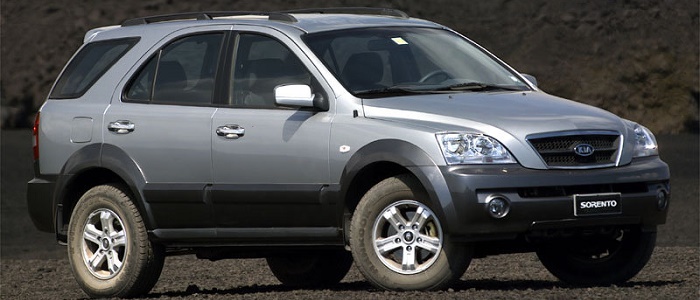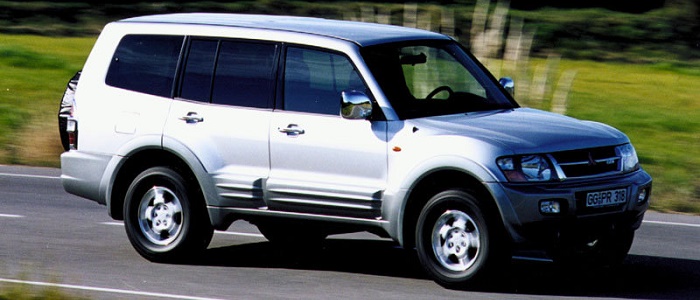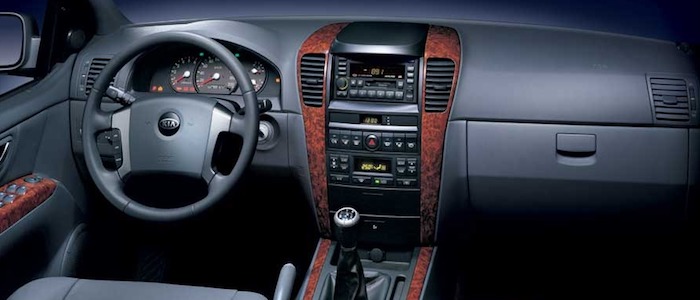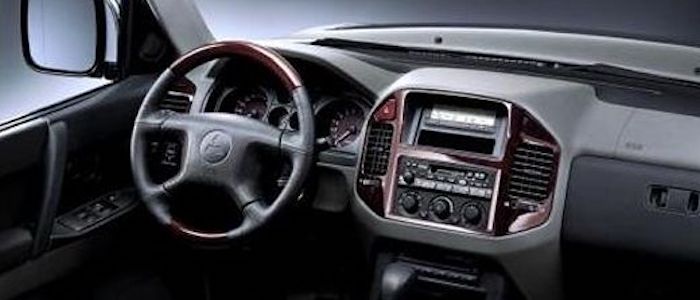Compare two cars
Compare any two cars and get our Virtual Adviser™ opinion
Marketing
Dimensons & Outlines
Engine
2.4 Sirius 4G64 LP
Performance (manual gearbox)
Performance (automatic gearbox)
Expenses
Virtual Adviser's™ opinion
Well, these are two pretty similar cars we have here! It's only details that could potentially make the difference. Considering they both belong to the suv segment and utilize the same 5-door suv body style and the 4 x 4 wheel drive system, it all comes up to the specific petrol engine choice they offer. Both the engines are Mitsubishi-engineered . The first one has a 4-cylinder, 16-valves 139hp unit, while the other one gets its power and torque from a 6-cylinder, 24-valves 203hp one.
SafetyThe fact that the KIA got tested by the European New Car Assessment Programme (Euro NCAP), while the other contender didn't, offers a slight advantage, as the 4-star rating is better than none. That aside, let's consider some other aspects which affect safety. Both vehicles belong to the suv segment, which is generally a very good thing safety-wise, but it doesn't do much to help us decide between the two. On the other hand, if we'd like to consider vehicle mass in this context too, which we definitely should, the Japanese car offers a marginal difference of 8% more metal.
ReliabilityI don't like generalizing things when it comes to reliability, although it does seem that both brands display similar results in faults and breakdowns, when all the models are taken into account. These are the results of an independent reasearch, while our visitors describe reliability of KIA, as well as Mitsubishi, with the same average rating of 4.6 out of 5. Independent research findings rank Sorento as average reliability-wise, and Pajero is more or less at the same level.We should definitely mention that owners of cars with the same powertrain as the Korean car rank it on average as 3.0, while the one under the competitor's bonnet gets 4.0 out of 5.
Performance & Fuel economyMitsubishi is undoubtly more agile, reaching 100km/h in 2.8 seconds less than its competitor. In addition to that it accelerates all the way to 190 kilometers per hour, 22km/h more than the other car. When it comes to fuel economy an obvious choice would be the Korean car, averaging around 10.9 liters of fuel per 100 kilometers (26 mpg), in combined cycle. That's 21% difference compared to the Japanese car!
Verdict
Mitsubishi appears just a bit more reliable, although the difference is truly marginal. The most important thing when deciding between any two vehicles should always be safety, both passive and active. In my opinion, everything taken into account, the Korean car offers much better overall protection, which launches it ahead of the other contender. From there things take a different direction, with Mitsubishi being considerably quicker, thus putting more smile on driver's face. It does come at a cost though, and that's the fuel consumption... All together, there's not much more to say, in this case I wouldn't even consider anything but KIA. Anyway, that's the most objective conclusion I could've came up with and it's based solely on the information found on this website. Aspects such as design, practicality, brand value and driving experience are there for you to measure them out. I suggest you spend two more minutes in order to find out which car, based on your needs and budget, would be picked by the virtual adviser™, out of 12.000+ vehicles we currently have in our database.
































